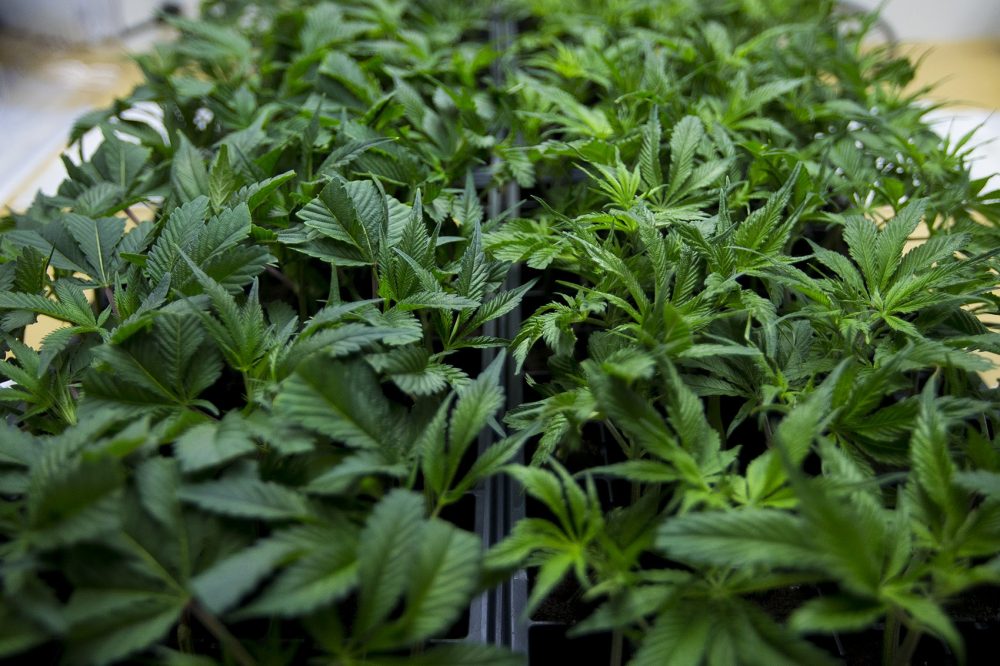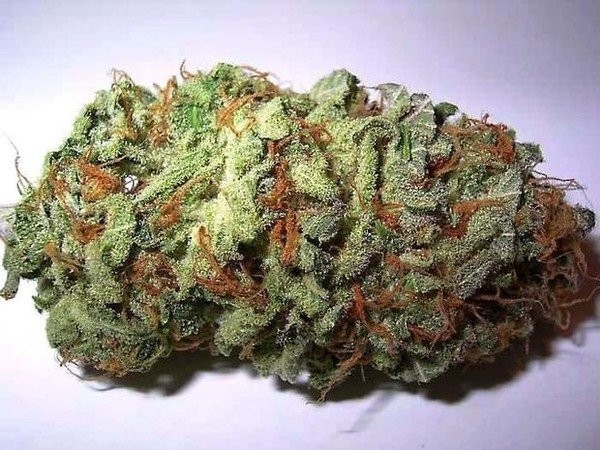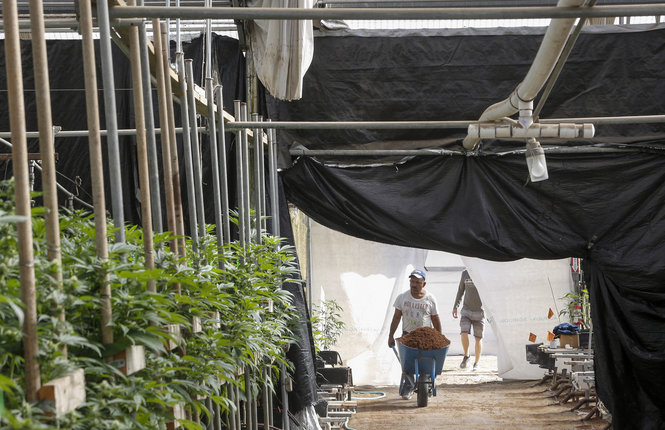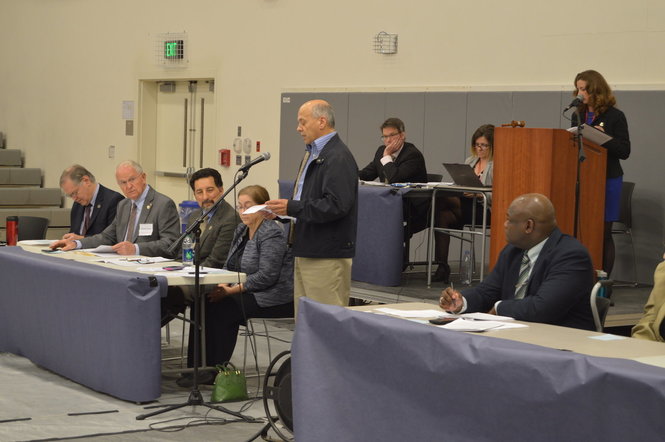Massachusetts voters have strong doubts about the state’s ability to oversee the new law legalizing recreational pot, and most are concerned it will be influenced by politics, according to a new poll conducted by the Bernett Group for the Boston Herald.
And despite overwhelming support for the legalization law — more than 60 percent say voters did the right thing in approving the 2016 ballot question — just 18 percent of voters say they will actually buy marijuana when it becomes legal in 2018, according to the poll.
The poll of 600 registered voters reveals an undercurrent of concern about the management of the new law, with 42 percent saying they aren’t confident the state can “safely and fairly” regulate pot sales.
Just 21 percent of voters are “extremely” or “very” confident in the state’s ability to regulate pot sales.
“There’s a genuine lack of confidence,” said Matt Hayes, president and CEO of the Bernett Group, a strategic marketing and research technology firm that conducted the poll for the Herald. “Voters are skeptical about how fairly and safely state government will perform when marijuana becomes publicly available.”
The poll of 600 voters, conducted Sept. 6-11, has a margin of error of plus or minus 4 percentage points.
Voters in 2016 approved the use and sale of marijuana, but the law was revamped by the Legislature and sales of pot won’t be legal until July 2018. The law will be regulated by the Cannabis Control Commission, a five-member board appointed by Gov. Charlie Baker, Attorney General Maura Healey and Treasurer Deborah B. Goldberg.
Marijuana supporters have already raised concerns about the commission, noting that all three state officials who appointed the board opposed the pot law and four of the commission members opposed the law, as well.
Those concerns are shared by most voters, according to the poll.
Forty-six percent of voters said they were very or extremely concerned the state’s regulation of marijuana will be influenced by politics. Just 25 percent were either not very concerned or not concerned at all about political influence.
And 43 percent said the current plan to tax marijuana sales at 17 to 20 percent was too high.
Other findings of the poll:
• Sixty-three percent of voters say they support the legalization of marijuana in the state, while just 34 percent are opposed.
• Nearly 95 percent of voters who cast ballots in 2016 say they would still vote to approve making marijuana legal. But only 20 percent of voters say they have used marijuana at least once in the past year.
• More than four in 10 voters say that legalizing pot will be a “very good” or “good” thing for Massachusetts, while 34 percent say it will be a “bad” or “very” bad thing.
• By a 61-32 percent margin, voters say they don’t think marijuana is a “gateway drug” that leads to the use of stronger drugs like heroin.
• By a 82-12 percent margin, poll respondents overwhelmingly believe that voters in local cities and towns — not elected officials — should decide whether marijuana may be sold.
• Just 27 percent of voters believe that legalizing marijuana will lead to an increase in crime.
• Voters are about evenly split, 46-44 percent, on whether they think Massachusetts should agree to a White House request to provide information about medical marijuana patients.
“Their opinions are linked to how they voted on legalization,” Hayes said. “A majority of opponents want the records released; a majority of supporters want the records kept out of the government’s hands.”
The Bernett Group also conducted an analysis of social media trends about marijuana. That study found that since the November 2016 election, there were more than 360,000 posts on social media referencing marijuana.
The No. 1 emotion about marijuana was “joy” — at 46 percent — but disgust, fear, sadness and anger combined represented more than 50 percent of the emotions.
credit:bostonherald.com













